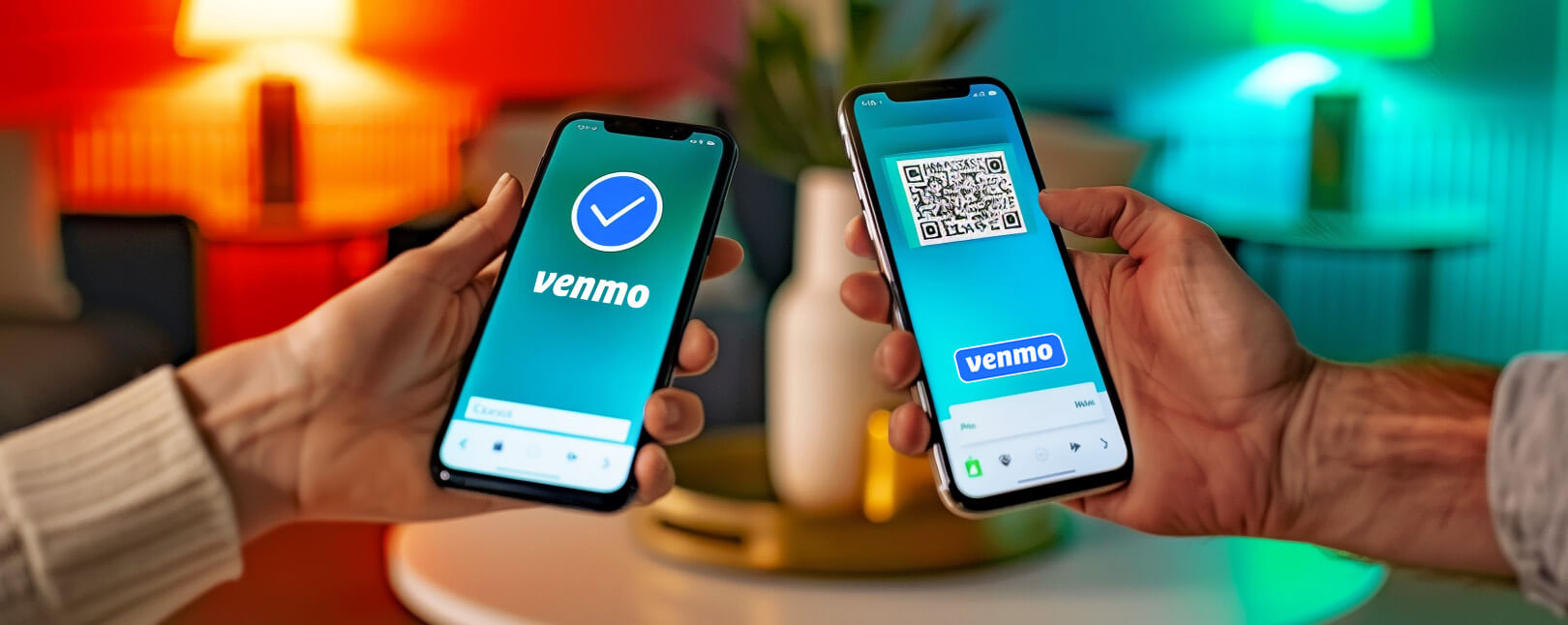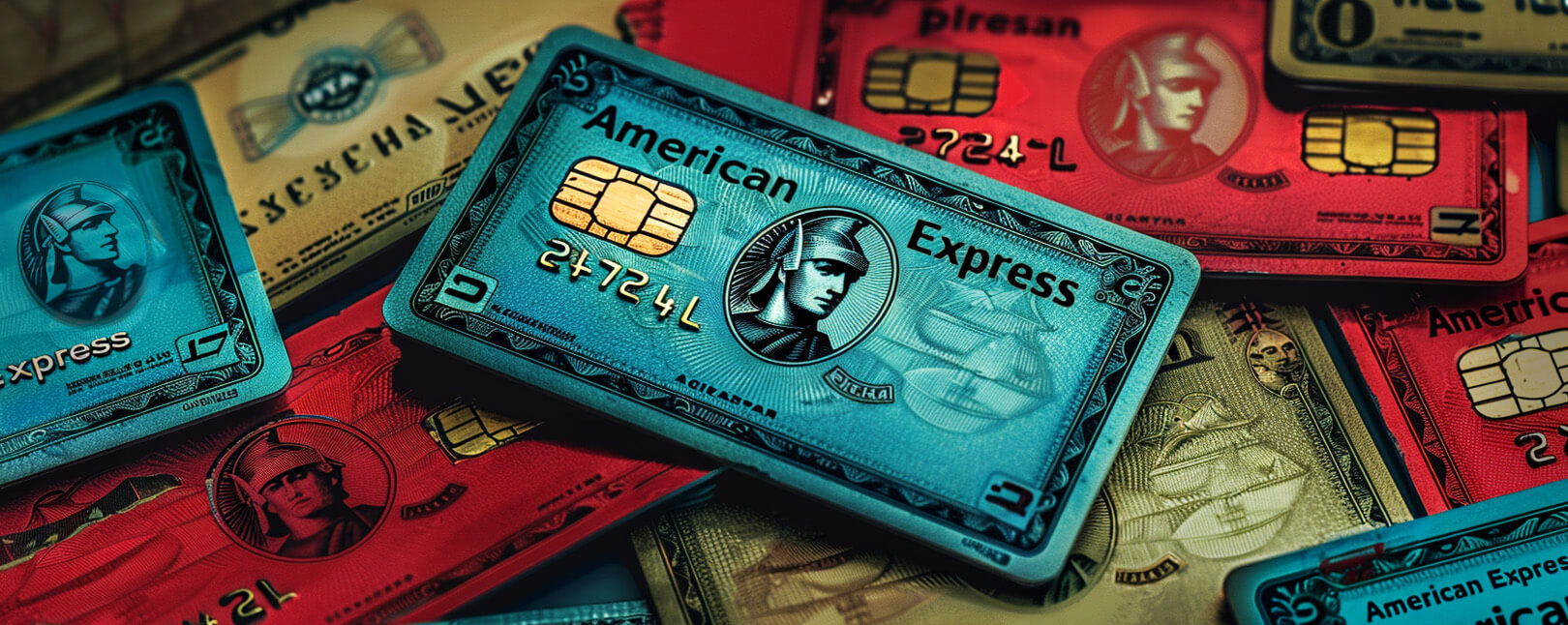Can Consumers Dispute Chime Transactions? What Documents Do I Need & How Do I Get Started?
Chime is one of the newest mobile banks on the block. With perks like zero-fee checking and early direct deposit, it’s very popular with consumers.
That said, mobile banking is still a very new idea. It hasn’t really caught on with everyone just yet, meaning many users still have questions about how Chime works. For instance, when can users dispute a Chime transaction? How can they do it?
Let’s go over all the key points together.
Recommended reading
- Bank of America Disputes: Here's What You Need to Know
- Venmo Chargebacks: How Do Disputes Work on Venmo?
- Wells Fargo Disputes: Chargeback Rules & Things to Know
- American Express Chargebacks: Rules & Time Limits & More
- Stripe Chargeback Guide: Time Limits & Other Info You Need
- What is a Bank Chargeback? What Makes Them Different?
Does Chime Allow Disputes?
Yes! Despite it being a mobile bank, Chime still works just like any regular issuer. They issue Visa debit cards and credit cards; thus, they're obliged to abide by Visa network rules (including Visa chargeback rules).
This means that any transactions performed using a Chime account must meet certain criteria, and are bound by laws like the Electronic Funds Transfer Act. Basically, these rules dictate what types of disputes are permissible, set a timeframe for consumers to file, and determine how long merchants have to respond to the dispute.
Chime provides consumers with a very general overview of their dispute process, They outline how long it might take and what types of transactions you should or should not file disputes for. However, these instructions can be a bit dry and difficult to navigate for first-timers. Thankfully, we’re here to break it down into more digestible parts.
What Do I Need to Dispute Chime Transactions?
If you notice a transaction error or billing inconsistency in your Chime account, you may decide to dispute the charge. Before you can file, though, you may want to compile evidence that the charge on your account is invalid, in the form of verifiable documentation.
Chime will only investigate disputed transactions that make a compelling claim, so it’s very important that you provide them with all the information you have regarding the dispute. You will also need to verify that you attempted to resolve the issue with the merchant before filing your dispute.
For instance, you may need to provide:
- Receipts or invoices
- Information about delivery, shipping, confirmation email, and tracking number
- Any conversations you've had with the merchant about the order(s)
- Photos of the defective or damaged merchandise
- Description of the item on the merchant's website, with a link to the page
- Evidence that the price you paid differs from the listed price
- Requests to cancel or stop the transaction in writing
Chime provides consumers with a step-by-step guide to upload these documents before you dispute Chime transactions. It’s wise to know what you need in advance of your dispute, though. Additionally, you should know that Chime may reject your dispute request if the reason for your dispute is invalid.
Valid Reasons to Dispute Chime Transactions
All valid disputes can be sorted into one of two categories: third-party criminal, merchant fraud, or merchant error. If your complaint fits into either of these categories, your dispute may be approved by Chime.
To better illustrate what counts as a valid dispute reason, let’s go over each category in detail:
How Do I Dispute a Chime Transaction?
Now that we’ve run down the valid reasons to dispute Chime transactions, let’s talk about how you actually do it.
You may be issued a provisional credit to your account. However, a dispute can sometimes take 45-90 days to reach a final decision, depending on the claim in question and the merchant it pertains to. This is another reason why it’s best to try resolving issues with the merchant first.
If the merchant is unreachable, or the error is unresolvable, you can dispute the charge through the following steps:
Step #1 | File a Dispute
Login to your Chime mobile app. On the home screen, tap “View Transactions” and find the charge you want to dispute. Next, tap “Problem with this transaction?” and enter the required information. Finally, submit the form.
Step #2 | Wait for Chime to Investigate
Chime will examine the details of your dispute and investigate the situation with the merchant. If Chime doesn’t find cause for the dispute to proceed, the dispute will be canceled on their end. However, if the transaction is deemed eligible, the dispute will proceed to the next step.
Step #3 | Temporary Credit
If the transaction warrants further investigation, and Chime feels your claim has merit, they may provide you with a provisional credit for the original transaction amount.
Keep in mind this credit is purely temporary, and not every dispute will warrant a temporary credit. If you're eligible, you can expect to receive your temporary credit within 10 business days (or 20 business days if your account is new and the disputed transaction happened within the first 30 days that the account was funded).
Step #4 | Chime Files a Chargeback
If the transaction warrants further investigation, and Chime feels your claim has merit, they may provide you with a provisional credit for the original transaction amount.
Keep in mind this credit is purely temporary, and not every dispute will warrant a temporary credit. If you're eligible, you can expect to receive your temporary credit within 10 business days (or 20 business days if your account is new and the disputed transaction happened within the first 30 days that the account was funded).
Step #5 | Final Decision
Once the investigation has accounted for your evidence and given the merchant time to provide theirs, Chime will come to a final decision regarding the disputed transaction. If you’ve proved your claim beyond the merchant’s response, you will keep your temporary credit, and the case will be closed. On the other hand, if the merchant is able to prove the transaction was legitimate, the temporary credit will be removed from your account and returned to the merchant.
Next Steps
Once your dispute has been filed, remember it may take as long as 90 days for Chime to reach a decision. During that time, if you want to check the status of your dispute or cancel a dispute you’ve managed to resolve with the merchant, there are two ways to go about it from the Chime mobile app.
You can check on the status of your dispute by following these steps:
- Login to your Chime mobile app. On the home screen, tap “Disputes.”
- Find your dispute ticket by choosing between the “Open” and “Closed” tabs.
- Tap “View Details.”
- Tap “>” beside the charge to see an accurate timeline view of the disputed transaction.
You can cancel your dispute if you have managed to resolve the issue with the merchant before the dispute has been finalized by following these steps:
- Login to your Chime mobile app. On the home screen, tap “Disputes.”
- Tap the claim you want to cancel.
- Tap the 3 dots in the upper right-hand corner.
- Tap “Request to remove transactions.”
You’ll receive a notification confirming that the dispute is canceled, and that Chime will stop their investigation. If you had previously received a provisional credit from Chime, it will be removed from your account.
If a chargeback was filed, Chime will attempt to cancel it. Depending on the status of the chargeback, though, the bank may be unable to cancel the chargeback.
Why Would My Chime Chargeback Request be Denied?
Finally, it’s time to talk about reasons your Chime transaction dispute might be rejected.
The law allows consumers to dispute charges when the merchant has made a legitimate error, or has failed to uphold their end of a transaction. This does not include items you decide you don’t like, or those you’ve decided you no longer need, though.
To illustrate, here are a few common — yet invalid — reasons why cardholder try to dispute charges:
- Not recognizing the merchant’s billing descriptor
- Forgetting about a recurring payment
- Being impatient for a refund
- Not understanding the difference between disputes and refunds
- Forgetting about a purchase
- Not wanting to go through customer service for a valid return
- Waiting too long to return the item within the merchant’s return policy
- Someone in your household made a purchase on your account
- Filing a dispute because it seems easier or more convenient than a refund
If your reasons for filing the dispute fit any of the above situations, Chime may decline your dispute and immediately close your case. This is why it’s very important to understand the valid reasons for a dispute we listed above and how to follow each step of the dispute process carefully.
If you attempt to dispute Chime transactions without a valid reason, you could be held accountable for an act of first-party (or “friendly”) fraud.
Potential Consequences of Chargeback Abuse
On a last note, we want to warn against abuse (both deliberate and accidental) of the Chime chargeback process.
Chargeback abuse occurs when a customer disputes a legitimate transaction for invalid reasons (above). It can wreak all sorts of havoc on merchants and banks who, in turn, will charge customers more for their goods and services.
You could face individual consequences for friendly fraud if the merchant is able to validate the transaction you disputed. This could mean fines, penalties, damage to your credit score, and possibly loss of your account privileges. In worst-case scenarios, cardholders could be prosecuted by merchants for attempted first-party fraud.
Filing disputes shouldn’t be a flippant response to a merchant or product you don’t like. It’s a very serious process with real consequences for everyone involved. Therefore, you should never take a dispute lightly. Only proceed to this stage as a last resort when all other options fail.














